The Dawn of a New Era in Scientific Exploration
In a groundbreaking move, drones are currently undergoing tests in Antarctica, signaling a potential revolution in the field of scientific research. This innovative approach, spearheaded by the British Antarctic Survey (BAS), could significantly enhance our understanding of remote polar regions, reports The Guardian.
The Rothera Research Station: A Hub for Technological Advancement
The focal point of these tests is the Rothera Research Station, the British science hub on the icy continent. Here, the BAS is testing the Windracers Ultra UAV (uncrewed aerial vehicle), a cutting-edge, twin-engine aircraft. This drone is capable of carrying up to 100 kilograms of cargo or sensors over distances of 1,000 kilometers without the need for a human pilot. Equipped with an advanced autopilot system, the UAV promises a new level of efficiency in scientific data collection.
Eco-Friendly and Efficient: The Promise of UAVs
The BAS highlights the environmental and logistical advantages of using these drones. Not only do they have the potential to reduce CO2 emissions by approximately 90%, but they also overcome the operational challenges faced by piloted aircraft in harsh Antarctic conditions. Dr. Tom Jordan, a BAS geophysicist, emphasizes the urgency of this development.
He notes, “Polar science urgently needs extensive new high-resolution datasets to understand the ways the Antarctic ice sheet is changing.”
The UAVs are not just environmentally friendly but also resilient, designed to continue flying even if certain components are compromised.
A Multifaceted Scientific Tool
The scope of research these drones can assist with is vast. They are set to play a crucial role in surveying marine ecosystems, studying glaciers, investigating tectonic structures, and examining interactions between the ocean and atmosphere. The incorporation of AI-driven Swarm technology allows multiple UAVs to operate as a single, coordinated unit, dramatically expanding the area of data collection.
Towards a Sustainable Future in Polar Research
The BAS’s commitment to automating its science platforms aligns with its goal to achieve net-zero carbon emissions by 2040. This project, part of a broader initiative funded by Innovate UK’s Future Flight 3 Challenge, reflects a significant investment in sustainable scientific exploration. Sharing $92 million in funding with 16 other projects, it stands as a testament to the UK’s dedication to pioneering research methods.
Drones Help in Understanding Our Planet
The successful implementation of pilotless drones in Antarctica could mark a monumental shift in how we conduct scientific research in extreme environments.
As Dr. Jordan aptly puts it, “This is our first step toward unlocking those logistical barriers.”
This innovation not only represents a leap forward in environmental stewardship but also opens new horizons in our quest to understand and protect our planet’s most remote regions.
Photo credit: British Antarctic Survey/PA
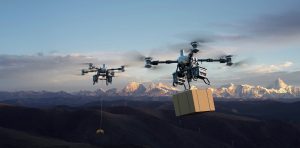




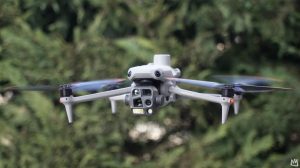


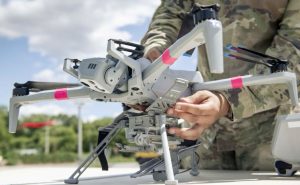
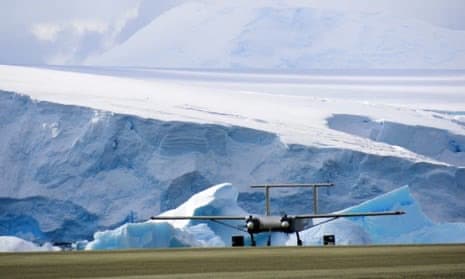

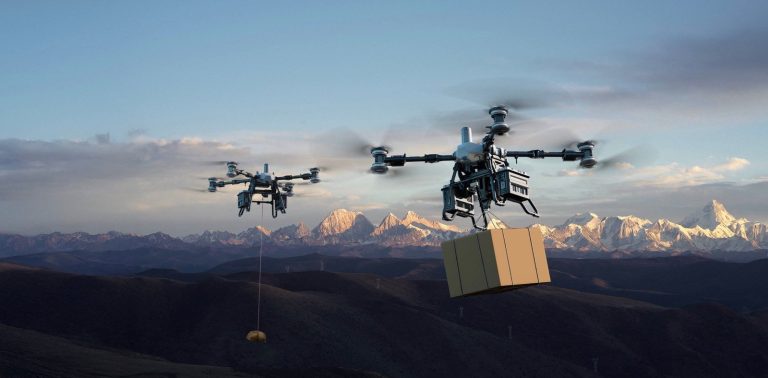


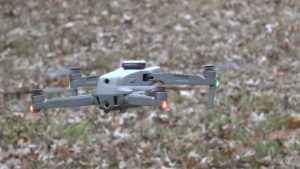



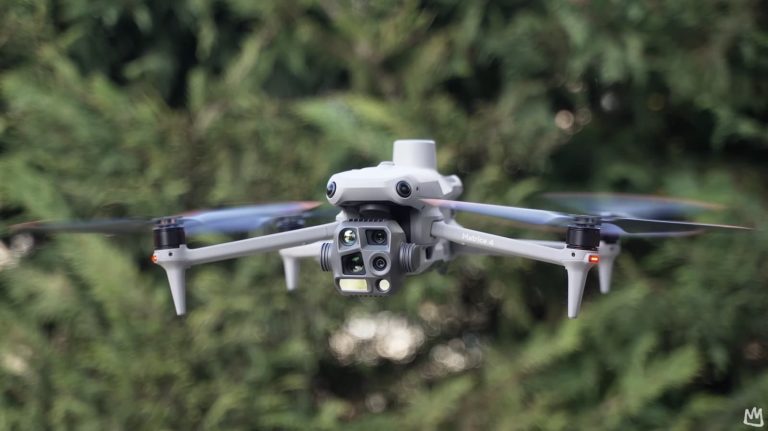


+ There are no comments
Add yours